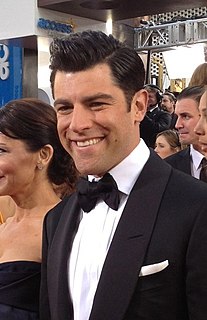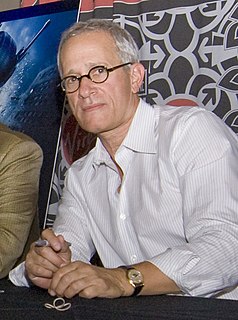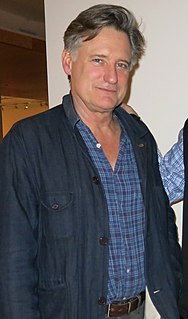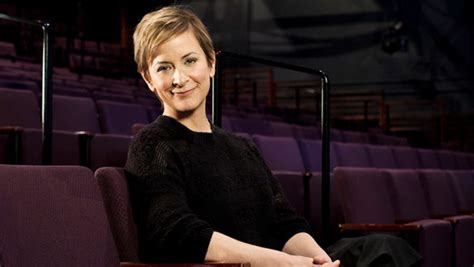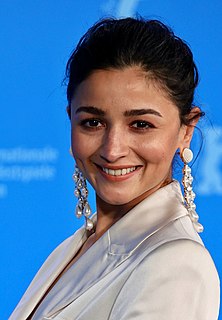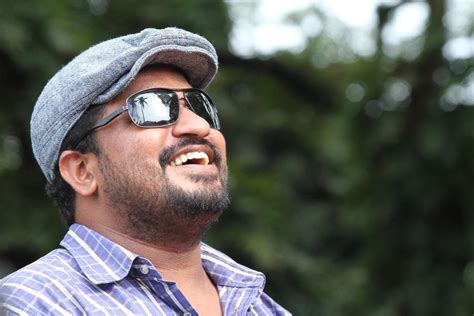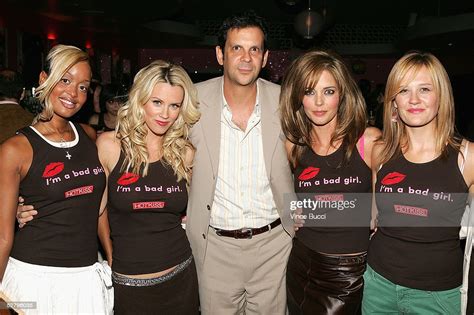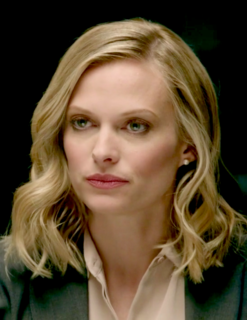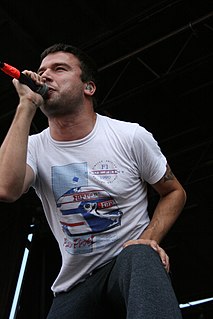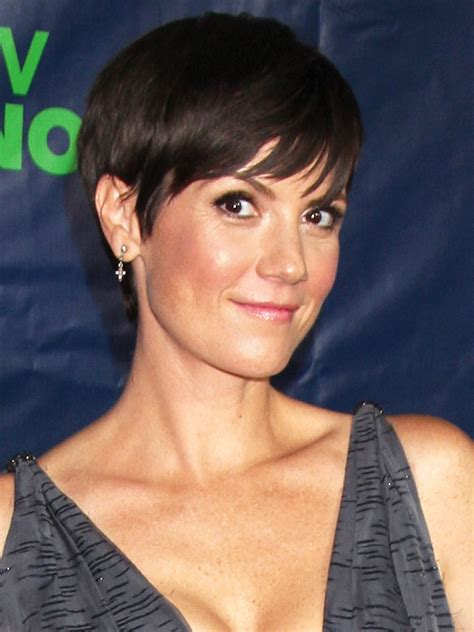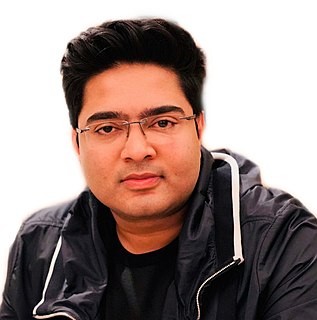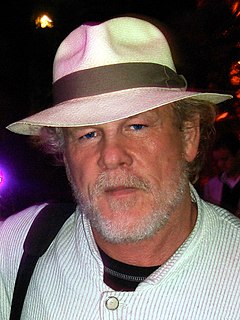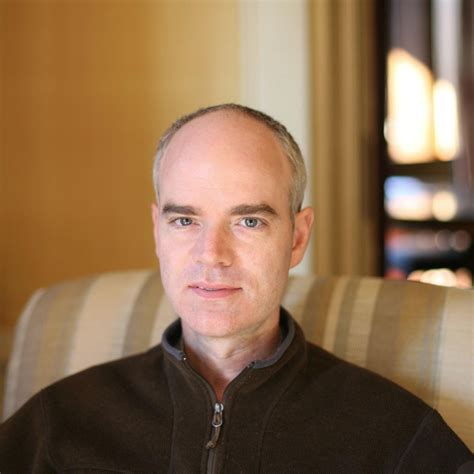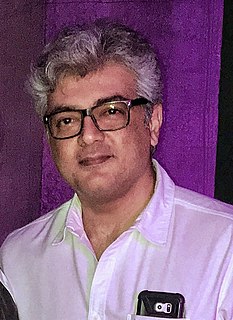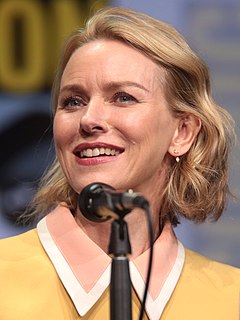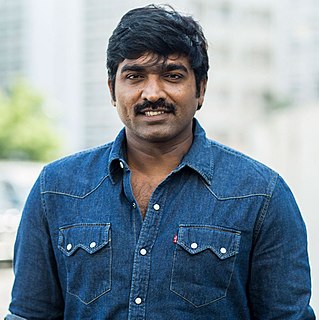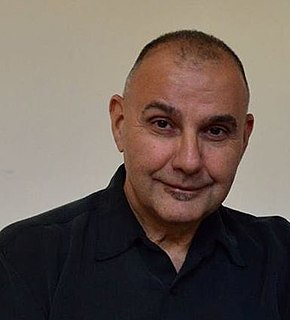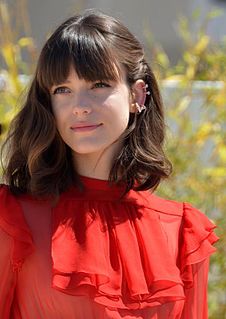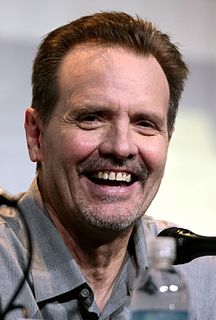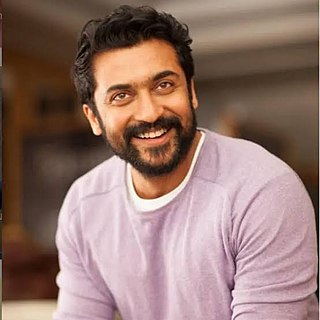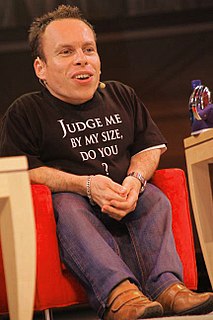Top 1200 Good Director Quotes & Sayings - Page 9
Explore popular Good Director quotes.
Last updated on December 19, 2024.
The dream, I think, with any project is it starts with an idea, and then somebody writes it, and the writer hopes that a director comes on and makes this piece of material visual, and both the director and writer hope that they can have actors come in and bring something to it that neither one of them expected, elevating it along the way.
I had done it all in my career. I always felt, as a kid, that that's what a director needed to be. Hitchcock could do anything in my mind. He's the director. That person has to be the best actor, the best designer, the best cinematographer. Then I came to realize that isn't the case. You just need to surround yourself with the best.
It is one of the few elements in the process that a director really, really can't control: an actor's performance. If you have a director that understands that, it's comforting to an actor. You're starting the relationship more as a collaborator, rather than as an employee or some kind of a soldier trying to execute something you don't organically feel.
I think I'm an extremely conscientious producer and now equally as a director and it gives me the opportunity to look at the entire movie and really allow the movie to be the creative vision of the actors, the writer and myself, because I'm in charge of it from a producer and a director point of view.
When I realized that nothing is perfect and no one is perfect, I was able to overcome my initial fears. I was holding myself to some weird standard that I was putting outside of myself, i.e., the director or casting director - they're not expecting perfection. I had all these strange trappings I would put myself in.
Every film I've ever worked on, and that includes 'Braveheart' and 'Trainspotting,' I've always witnessed a director having a breakdown. Every director will have a day, without exception, where they just can't do it anymore, they don't know what to say to their cameraman, their cast. It's the sign of real, physical exhaustion.
Actors, I think, are all the same. Both Korean actors and American actors are all very sensitive people, and they are all curious to know what the director thinks of them and how they are evaluated, and they try to satisfy the director. And they like it if you listen carefully to their opinions and accept them.
I love the variety of films. In theater, you go into a room and the director runs the room, so you all work to his or her method. On film, if an actor or an actress is in for a day or two, the director has to get out of that actor what they need, so they have to change and adapt to that actor's technique.
There is a variety of different kind of producers. I'm a very hands-on, creative producer. I find material that I think would make a good movie or TV show, find the right financier/studio/network, hire a writer, get a good script, find a director, and collaborate with him/her to cast the movie and hire department heads.
I hadn't studied theatre and I hadn't studied actor training or anything, but I did have a sense of movement and composition, and what the final product would be like, but luckily I had friends who were good actors, who would help me get them, who would get themselves to the place where a good director should get them to build characters.
I certainly would never overstep my bounds and make suggestions to a director. As an actor I'm trying to fit to the best of my abilities within the director's vision, and trying to find some happy rapport where we can both bring something to it that's fresh. Usually I've been lucky in working with directors who have trusted my instincts.
I was modeling while I was in university and my agency said, 'There's this fashion campaign, can you go?' And I didn't want to; I told him I wanted to focus on my acting, but I ended up going, kind of dragging my feet, and it turns out, the casting director for it was the casting director for Lars von Trier's new movie.
As the director, it's just a constant stream of meetings where you meet with all of the creatives who make all of the decisions for every part of the episodes. You're also scouting for locations, deciding on the locations, meeting with your first associate director; mine was Jennifer Truelove. She's one of my favorite people on the planet.
